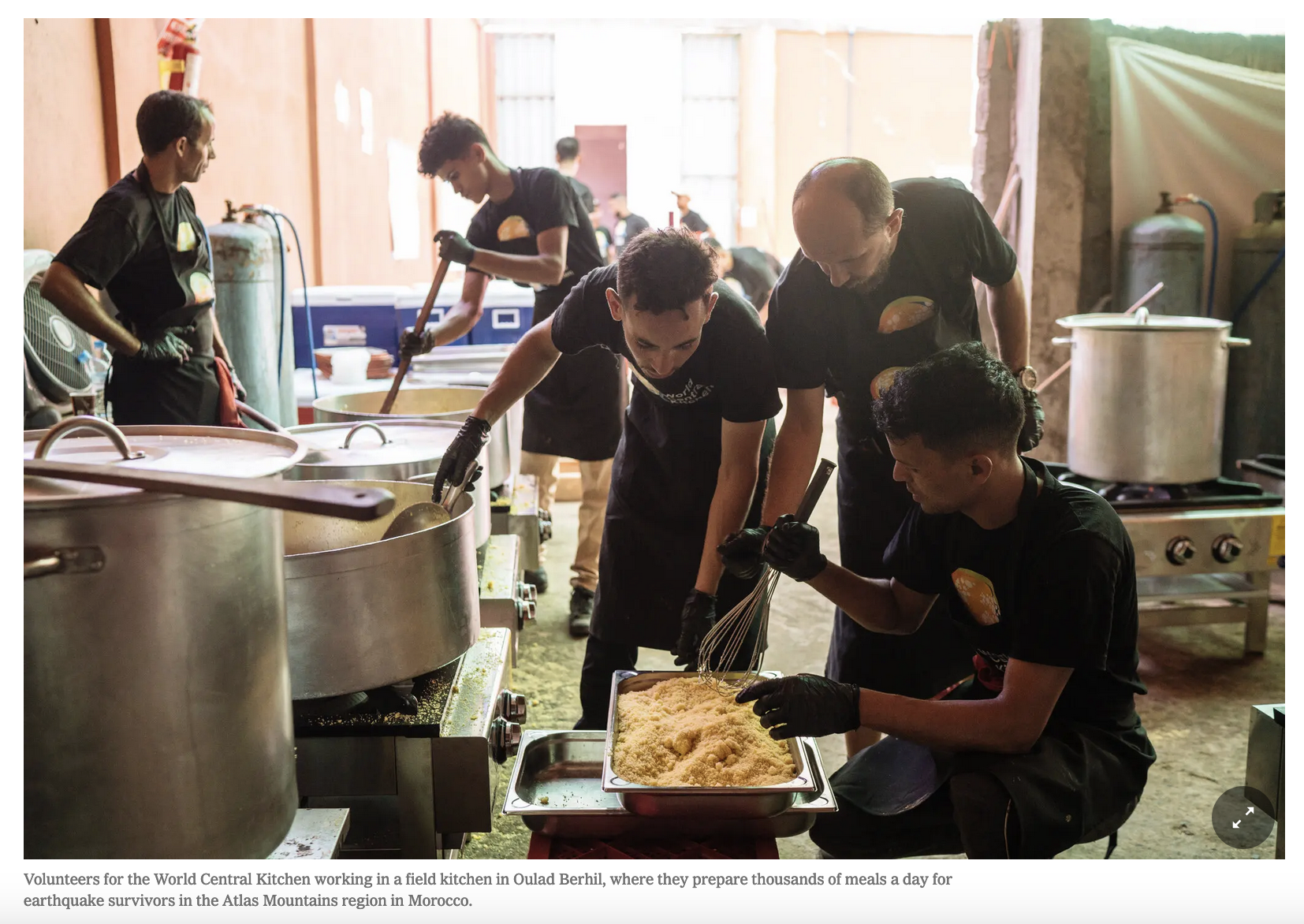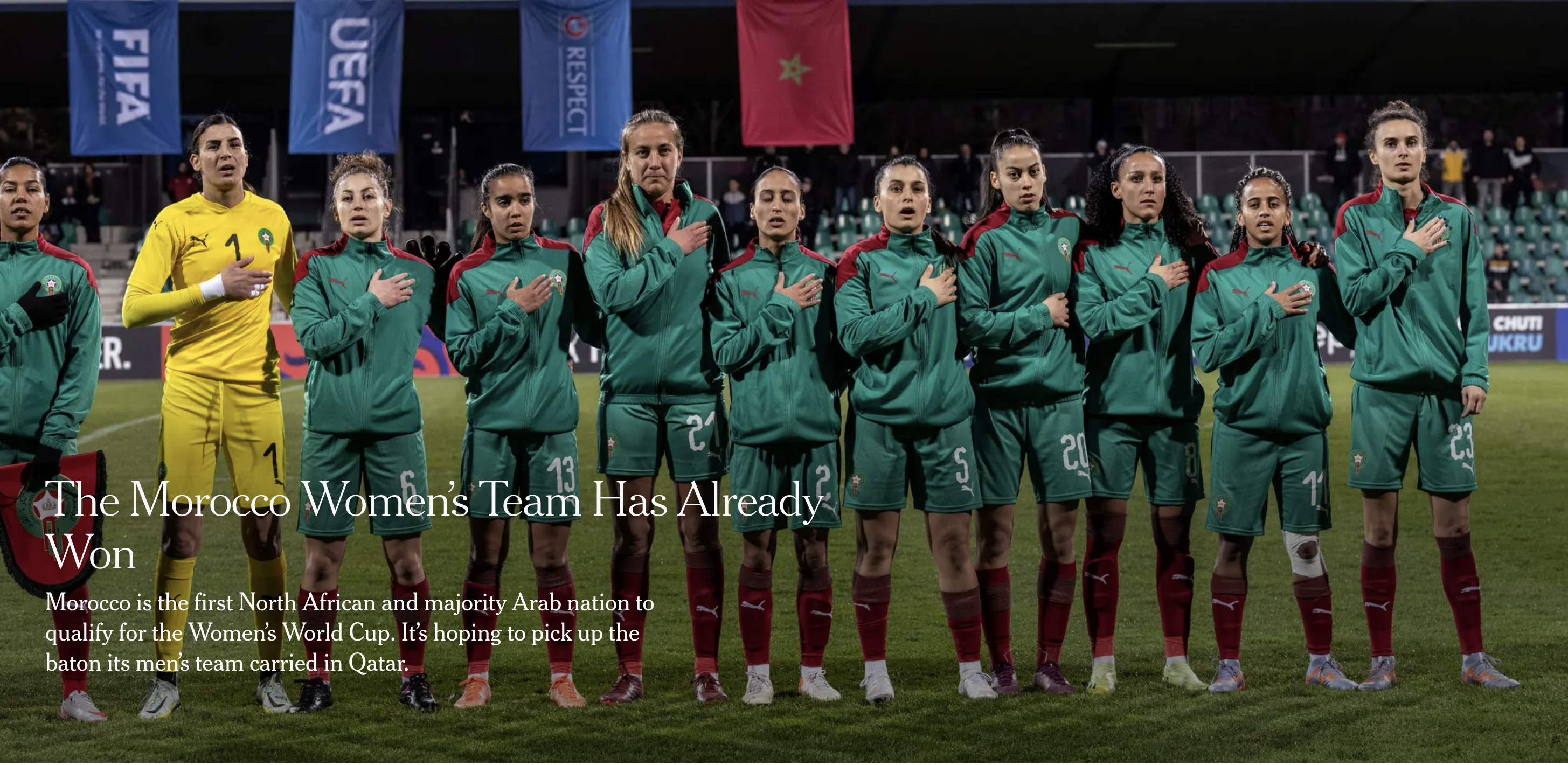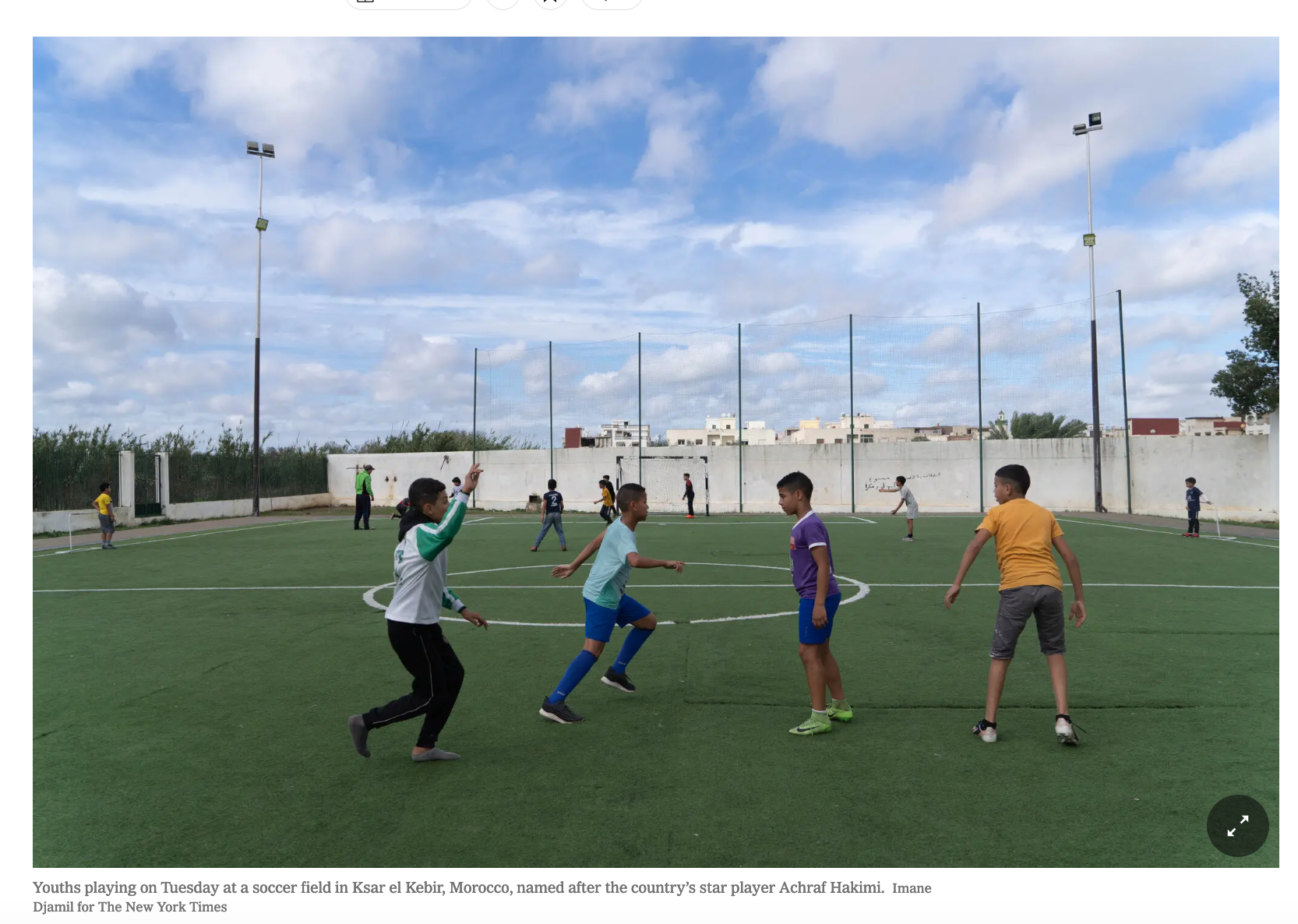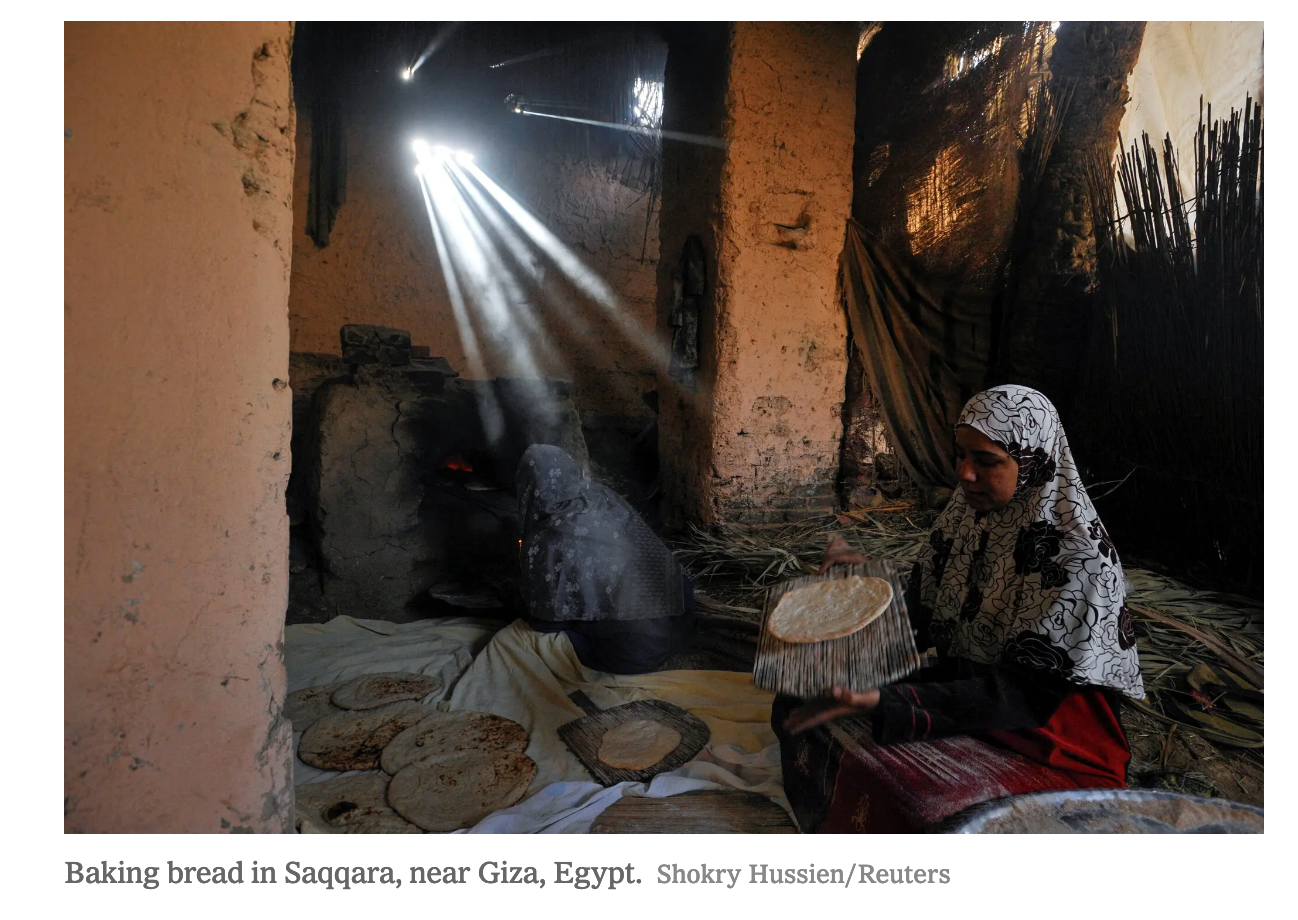A decade ago, countries across North Africa and the Middle East
erupted in protests against their autocratic rulers. Five witnesses to
those events tell what happened next.
Ten years ago, crowds took to the streets in countries across North
Africa and the Middle East, changing the course of history forever. They
wanted to take power away from autocrats and give it back to the
people. These nameless women and men were taking part in a mass wave of
protest. They were unafraid to stand up to oppression. It was an
awakening that was sudden, surprising, and at the same time in sync with
a new digital era in which people were able to connect and organize in
unprecedented ways.
It all started in late 2010 when Mohamed
Bouazizi, a Tunisian street vendor, immolated himself in public in
protest against a life without dignity. His sacrifice, speaking of a
desperation shared by many, sparked a revolution—first in Tunisia, and
then, over the coming months, in neighboring countries and across the
region.
The protesters aspired and succeeded in ways that had been
unimaginable only months before the uprisings. Most of these countries
had won independence from Western colonizers after World War II, only to
find themselves ruled by corrupt tyrants. The hopes and wishes of
ordinary women and men were never taken into consideration, and these
societies were governed for decades by fear. But all that changed at a
rapid pace in the spring of 2011.
People were elated, as finally
they were in control for the first time in their lives. It was easy to
predict that the road ahead would be tortuous, but in those early days
nothing seemed impossible in the fight against tyranny and oppression.
In the span of a few weeks, street protests ousted dictators in Tunisia,
Egypt, Libya, and Yemen, and in other places, governments scrambled to
promise reforms.
Some of that change has endured, with hopes
realized. But in many cases, the euphoria turned to disappointment, and
protest gave way to violence, retrenchment, and new repressive regimes.
Now, with the world reeling from a pandemic that has brought the global
economy to its knees, and as counterrevolutions to the Arab Spring are
thriving, the transformational milestones of 2011 have come to seem
distant, almost unreal.
With the exception of Tunisia, perhaps,
the peoples of the region are arguably worse off than they were before
the Spring. Syria and Libya, in particular, seem locked in an endless
cycle of armed conflict between warring factions, increasingly acting as
proxies for foreign powers, that has devastated these countries,
creating a humanitarian disaster and making them both a source of and
conduit for a refugee crisis of historic proportions.
That, in
turn, has fanned a bonfire of human rights violations across the region.
The continuing crackdowns in Egypt and elsewhere on those who led the
2011 uprisings, as well as political instability across the region, have
eroded the rule of law and empowered secret police and government
torturers.
The gruesome assassination of Jamal Khashoggi by agents
of the Saudi government in Turkey in 2018 was, in many ways, the
symbolic culmination of the impunity tyrants across the region now feel
in facing down the enthusiasm and optimism of the 2011 movement. Days
after Khashoggi’s death, The Washington Post published his last column, in which he wrote:
You can read the rest on the New York Review of Books' site





































